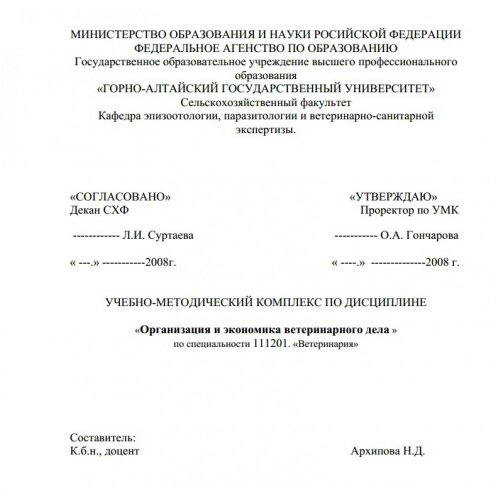Veterinary Microbiology And Immunology

Causes of dysbacteriosis
There are many factors that lead to persistent qualitative or quantitative changes in normal microflour:
infectious processes,
VCT disease
chronic infections,
intestines,
Nutritional disorder
Inappropriate antibiotic therapy, especially the use of broad spectrum antibiotics,
hormonotherapy
Immunodepressants,
use of antiseptics
antique drugs,
natural ageing.
These factors lead to various clinical manifestations of dysbacteriosis, ranging from minor to severe vent and exchange disorders.
Biscuit dysbacteria is almost always detected in acute and chronic digestive diseases, especially intestines,
in primary and secondary immunodeficiency syndrome,
Manifest skin and allergic diseases,
I don't know.
Disbacteriosis may be the cause of sensitization and allergization of the organism as a result of the multiplication of hystamin'ogenous flora. GISTAMIA products are declining, and the products of metabolis and their Toxins are becoming allergens.
Disbacteriosis is one of the basic complications of antibiotic therapy when the normal microflor is used by the UGNET anthibiotic and begins to spread unimpeded microorganisms that are insensitive to this antibiotics. Most of it.
staphists,
♪ Candida ♪
#Classridium
Pseudonades,
Protein et al.
The hardest leaks.
Generalized #Candidosis,
staphoccal ventrocolite.
Other medicinal disorders, such as acetylacelicic acid, are caused by kampilobacteriosis. The use of cholinolithics, cerucals, steroid hormones, weakness and adsorbents develops associated disbacteriosis. However, it should be noted that even significant microflora violations are not necessarily accompanied by clinical symptoms.
♪
Veterinary microbiology and immunology
Course for veterinary veterinary meds students at the Veterinary Scholarship in the subjects "Veterinary microbiology and immunology"
Authors:
Voronin Evgeny Sergeevich, RASHN Academy, Professor
Kislenko Victor Nikiforović, Doctor of Veterinary Sciences, Professor
Nicolai Matweevich, Doctor of Veterinary Sciences, Professor








